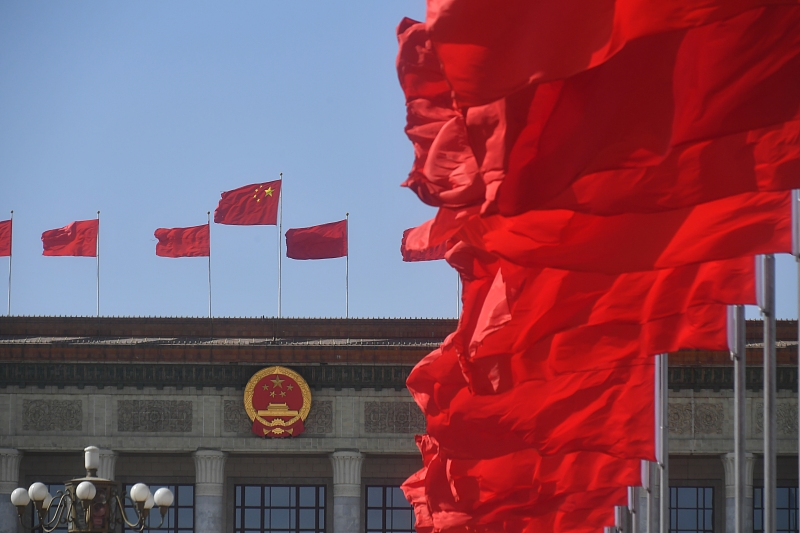BEIJING: The Political Bureau of the Communist Party of China (CPC) Central Committee on Monday held a meeting to analyze the current economic situation and make arrangements for economic work in the second half of the year (H2). Xi Jinping, general secretary of the CPC Central Committee, presided over the meeting.
The meeting called for carrying out macroeconomic regulation with precision and force, strengthening counter-cyclical regulation, and making more policy options available. Currently, China’s economy is facing new difficulties and challenges, which mainly arise from insufficient domestic demand, difficulties in the operation of some enterprises, risks and hidden dangers in key areas, as well as a grim and complex external environment, it said.
It is necessary to stick to a proactive fiscal policy and a prudent monetary policy, extend, optimize, improve and ensure the implementation of tax and fee reductions, and give full play to the role of quantitative and structural monetary tools, it said.
Strong support will be given to scientific and technological innovation, the real economy, and the development of micro, small and medium-sized enterprises, according to the meeting. The RMB exchange rate shall be kept generally stable at an appropriate and balanced level, the meeting noted, pledging efforts to invigorate the capital market and boost investor confidence. The meeting demanded efforts to actively expand domestic demand and give play to the fundamental role of consumption in driving economic growth. Consumption of major items including automobiles, electronic products and household items should be boosted, and spending on services such as sports, leisure and cultural and tourist services should be encouraged, according to the meeting. Government investment should better play the role of driving overall investment, with faster issuance and use of local government special-purpose bonds.
More policies should be formulated and rolled out to spur private investment, while multiple measures should be taken to keep the country’s foreign trade and investment stable, according to the meeting. –Agencies






